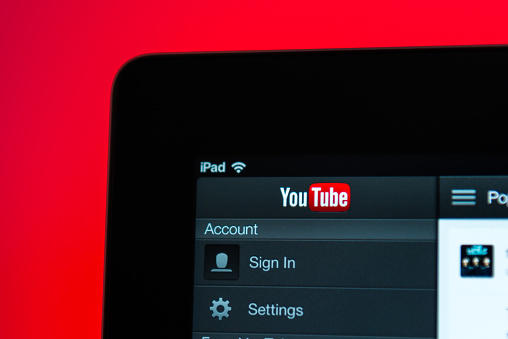Showing 6 results for:
hate speech
Popular topics
All results

Some things happen that make you go, “whoa!” And as shocking as those things may be, they also don’t come as a genuine surprise. Specific actions from certain people are just expected. With the news swirling with damaging language from some influential people, the world is now faced with the ever-tumultuous leadership of Elon Musk as the head of Twitter. With the world’s richest man now at the head of the social media company, the use of the N-word has also taken a top seat along with him. via GIPHY


Moderating online content is important, especially in a political climate where acts of violence are explicitly linked to hate speech online. Unfortunately, recent studies have found that leading algorithms responsible for detecting hate speech harbor biases of their own. Researchers at the University of Washington conducted a study titled “The Risk of Racial Bias in Hate Speech Detection.” The researchers decided to focus on Twitter because it is a “particularly important space for Black activism.” The study found that tweets by Black people were 1.5 times more likely to be flagged as “offensive.” If a tweet was written using African American English (AAE), then they were 2.2 more times likely to be flagged . This research is backed up by an additional study that found racial bias against Black speech in five academic datasets used for studying hate speech. In their conclusion, the researchers wrote: “We find evidence of substantial racial bias in all of the datasets tested. This...

Over the past few years, social media has become a cesspool for hate. In this week alone, House lawmakers took Facebook and Google to task over the rise of white nationalism online while others requested information on companies’ counter-terrorism budgets. Now, the issue has caught the attention of other executives. During an award ceremony, Bob Iger — Walt Disney Co. chairman and CEO — called social media “the most powerful marketing tool an extremist could ever hope for,” according to Variety. “Hitler would have loved social media,” Iger said. “It creates a false sense that everyone shares the same opinion. Social media allows evil to prey on troubled minds and lost souls and we all know that social news feeds can contain more fiction than fact.” Iger went on to say that people should “renounce and reject hate in all forms”, while urging elected officials to take more action. His timely remarks come only a few days after YouTube was forced to disable comments on its livestream of...

Last month, the Christchurch shooting — and its subsequent viral status — revealed just how common white nationalism is online. Many people already knew that platforms like Facebook, Twitter, and YouTube harbored hateful rhetoric, but poor responses to the shooting put them in the government’s sights. Yesterday, the House Judiciary Committee held a hearing questioning both Google and Facebook on the rise of white nationalism online. During YouTube’s livestream of the hearing, things got so ugly that YouTube eventually disabled the comments. Screenshots from Buzzfeed News reporter Ryan Broderick on Twitter show comments such as “White haters!” and “Jews make their own problems”. Not that the comments on the official House Judiciary Committee Hearings channel are any better… pic.twitter.com/7GjpTZFu1Z — Ryan Broderick (@broderick) April 9, 2019 YouTube comments filling up with racist and hateful remarks during a Congressional hearing on white nationalism isn’t actually surprising,...

Jigsaw just launched an experimental Chrome extension called Tune that lets users “control the volume” of toxic conversations they see across the internet. Tune uses artificial intelligence to moderate content and comments on social platforms including Facebook, Twitter and YouTube – all of which have made their own individual efforts to curtail hate speech and harassment on their platforms. Tune provides users with volume control. You can turn on “zen mode” and completely tune out all toxic conversations or be exposed to all comments, even the ugly stuff. The volume setting also lets users moderate content with slurs, profanity and hate speech. In July, Facebook released a feature that lets users mute words and phrases from their newsfeeds. Twitter has a similar feature and users can mute a phrase for a specific time. Tune isn’t perfect yet — its developers say that some offensive comments may slip through the cracks and other comments that aren’t deemed as “toxic’ may be removed....